High School Students and the Covid Vaccine
April 13, 2021
It’s almost impossible to turn on the TV or the radio and not hear talk about the COVID-19 vaccine. In fact, it was just one year ago that everyone’s life changed in some way or another due to COVID-19. The entire world turned upside down from a virus that can’t even be seen by the naked eye. Over and over we were asked to wear a mask, wash our hands, stay 6ft apart, and avoid crowds. It has even become second nature to put on hand sanitizer and a mask before you go into any store. And who can forget how COVID shut down our schools, sending kids home and online. Fast forward just one years time, and over 90 million people have been on the receiving end of something miraculous. That miraculous something is the COVID vaccine. Why so miraculous? Well, according to Dale Fisher, chair of the World Health Organization’s Global Outbreak Alert and Response Network, he stated that we most likely wouldn’t see a vaccine until the end of 2021.
Last spring, big pharma companies such as Moderna and Pfizer began their clinical trials. They stated, “having a vaccine to actually deploy by early next year – requires everything going right, and going right the first time. That rarely happens in drug development.” To put this into perspective, it took about 5 years to develop the chickenpox vaccine, also known as the varicella vaccine. On April 1, 2021, the governor of Utah announced that all adults and kids 16 years and older will be eligible to receive this vaccine. This news has certainly been exciting but has a lot of high school kids and their parents wondering if they should get it.
According to the CDC, “most children with COVID-19 have mild symptoms or have no symptoms at all.” So it kind of gets you thinking, “why would I need the vaccine if the symptoms are so mild?” However, the concern is the spreading of COVID from kids to others that might have a more serious reaction. And there have been many cases reported where children have been severely ill and have required hospitalization, intensive care, or a ventilator to help them breathe.
As of right now, Pfizer is the only vaccine that can be given to those that are 16-17 years old. The Wallstreet Journal has said, “The Pfizer vaccine provided around 94% protection against developing coronavirus symptoms across all age groups above 16 a week after the second shot of a recommended two-dose regimen, according to a study by researchers from Israel’s Clalit Research Institute and Harvard University. The study also found the vaccine is 92% effective in preventing severe disease. “ Given those numbers, is it any question that this vaccine is effective? However, is it safe? The CDC says, “COVID-19 vaccines were evaluated in tens of thousands of participants in clinical trials. The vaccines met FDA’s rigorous scientific standards for safety, effectiveness, and manufacturing quality needed to support emergency use authorization.” They go on to say, “these vaccines will undergo the most intensive safety monitoring in U.S. history. This monitoring includes using both established and new safety monitoring systems to make sure that COVID-19 vaccines are safe.”
In case you don’t fall into the category of 16 and older then you might not be waiting much longer. Pfizer began Phase 3 clinical trials this past July with participants over 12 years of age and are having great success with their efforts to provide the vaccine to our younger population. The study included 2,260 kids ranging in ages from 12-15. Albert Bourla, PhD, chairman and CEO of Pfizer, concluded that “the clinical trials showed a stronger response in children 12-15 than the 95% effectiveness reported in clinical trials in adults.” In addition to these phase 3 trials, last week they began trials on kids aged 5-11. James H. Conway, a pediatrician and associate director for health sciences at the Global Health Institute at the University of Wisconsin School of Medicine and Public Health says, without a pediatric vaccine, the disease, even if our kids don’t get super sick with it, is going to be there and continue to circulate routinely.” It definitely seems like we are headed in the right direction.
If you are in the right age group and have decided the vaccine is right for you, you may experience a few side effects from the vaccine. These might include: pain,redness, swelling, tiredness, headache, muscle pain, chills, fever, and nausea. These are responses that your body has as it builds protection. The CDC states, “COVID-19 vaccines teach our immune systems how to recognize and fight the virus that causes COVID-19.” Those that receive the Pfizer vaccine will receive 2 doses and will be considered fully vaccinated 2 weeks after the shot. It’s amazing to think right?
Even though we have a vaccine for this relentless virus, there are lots we still just don’t know. Questions like: how long will the vaccine last, how effective are the vaccines against the new strains, and if it prevents the spread of covid by those who have no symptoms. There are lots of unanswered questions too that many people still have. Researching and learning is the best way to decide what is best for you. No matter what, we can all do something to help end this pandemic…and that… is one thing that is music to all our ears.
Resources:
https://www.usnews.com
www.nytimes.com
https://www.cnbc.com/2020/05/07/timeline-on-covid-19-vaccine-and-treatments-under-d evelopment-now.html
https://www.wsj.com/articles/israeli-study-finds-pfizer-shot-equally-effective-for-young-a nd-old-11614204008
https://www.cdc.gov/coronavirus
https://www.hopkinsmedicine.org/health/conditions-and-diseases/coronavirus/covid19-v accine-what-parents-need-to-know
https://www.webmd.com/vaccines/covid-19-vaccine/news/20210331/pfizer-vaccine-effec tiveness-kids-twelve-to-fifteen
https://www.scientificamerican.com/article/when-will-kids-get-covid-vaccines/
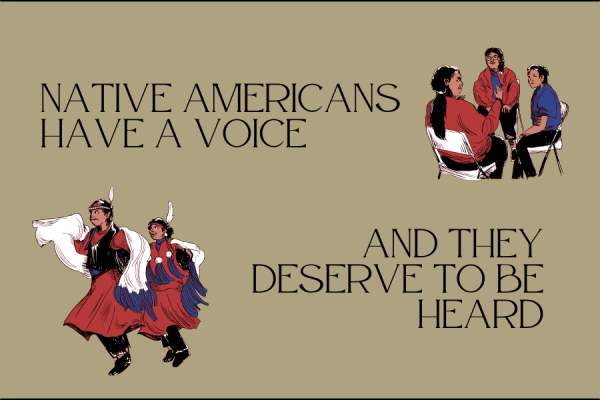
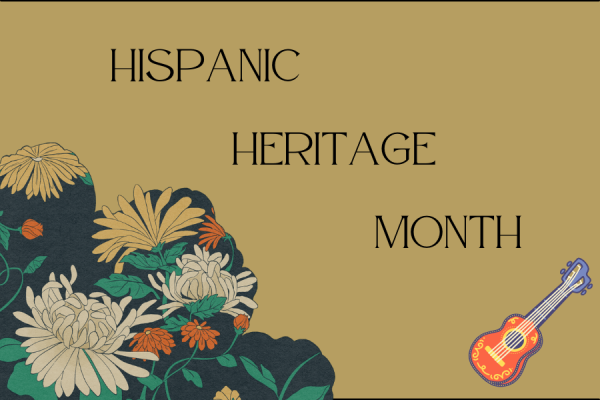

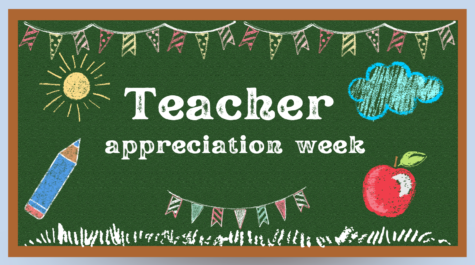

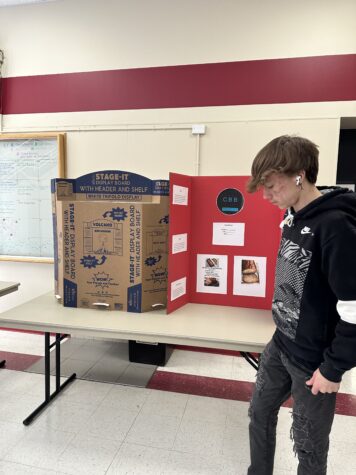
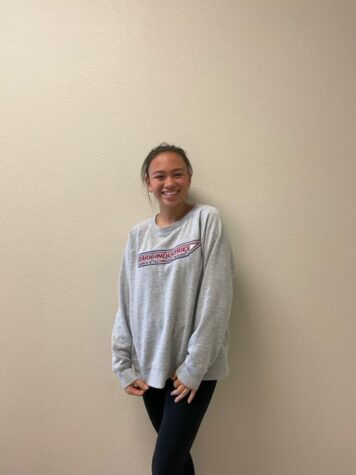
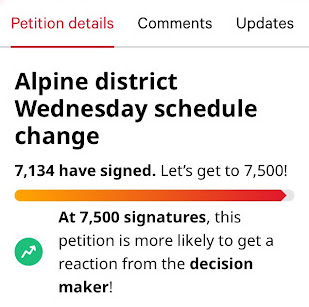

logan • Oct 1, 2021 at 11:00 AM
I think that this is great information and this shows a lot of pros but i wish it showed both sides. Although it was a great article.
Jaylee • Sep 1, 2021 at 9:59 AM
There ais a lot of information in this article. But there is a whole other side about what the vaccine can and will do. Both side of things would have been great to see!
Natalie Smith • Apr 27, 2021 at 7:49 AM
So much good information!! The miracle of modern medicine really continues to bless us everyday.
William Beckstead • Apr 15, 2021 at 10:23 AM
I think that it is great that we are getting vaccines at this time.